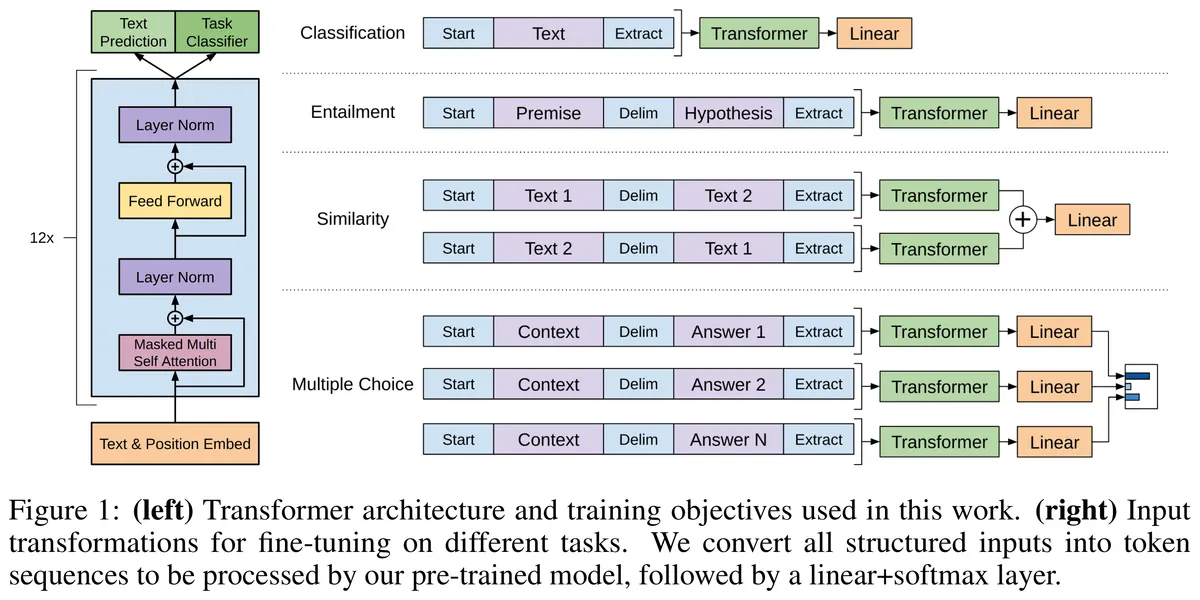OpenAI Defends AI Training Methods in Authors' Copyright Lawsuit
OpenAI responds to copyright infringement claims by authors, asserting fair use in AI model training. The case highlights ongoing debates about AI development and intellectual property rights.

In a recent development in the ongoing debate over artificial intelligence and copyright law, OpenAI has submitted a response to allegations of copyright infringement in a California federal court. The AI company, which received a substantial investment from Microsoft, is facing legal action from several prominent authors, including Michael Chabon, Ta-Nehisi Coates, and comedian Sarah Silverman.
The lawsuit, filed in 2023, accuses OpenAI of improperly using copyrighted works to train its AI language models, including the one powering the popular ChatGPT platform. This case is part of a broader legal landscape that has emerged since the release of ChatGPT on November 30, 2022, with various copyright owners, including writers and music publishers, initiating legal proceedings against tech companies.
OpenAI's defense centers on the fair use doctrine, a principle in U.S. copyright law that allows limited use of copyrighted material without permission for purposes such as criticism, commentary, or the creation of new works. The company argues that its AI training process is transformative and falls under this protection.

In its court filing, OpenAI stated, "The models learn, as we all do, from what has come before. The fair use defense exists for precisely that reason: to encourage and allow the development of new ideas that build on earlier ones." This argument aligns with the concept of transformative use, established in a 1994 Supreme Court case, which has become a key factor in fair use determinations.
The company further emphasized that its AI training does not involve communicating protected expression to a human audience. Instead, OpenAI contends that the purpose is to create entirely new material based on an understanding of language, reasoning, and the world.
This case highlights the complex intersection of AI development and intellectual property rights. As the global AI market is projected to reach $1.3 trillion by 2030, the outcome of such lawsuits could have significant implications for the industry's future.
"The process of training an AI model does not involve any communication of protected expression to a human audience. Instead, [its] purpose is to create new material that never existed before, based on an understanding of language, reasoning, and the world."
The plaintiffs in this case represent a diverse group of accomplished individuals. Michael Chabon, a Pulitzer Prize-winning author, Ta-Nehisi Coates, renowned for his work on racial issues in America, and Sarah Silverman, a Grammy and Emmy Award-winning comedian, bring significant cultural weight to the proceedings.
While some claims in the original lawsuits against OpenAI and Meta Platforms have been dismissed, the core question of whether using internet-scraped material for AI training constitutes copyright infringement on a massive scale remains unaddressed by the courts.
As this legal battle unfolds, it will likely shape the future of AI development and copyright law. The case, known as In re OpenAI ChatGPT Litigation, is being heard in the U.S. District Court for the Northern District of California.


































